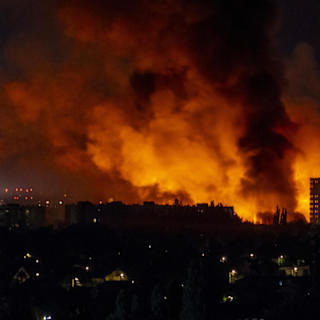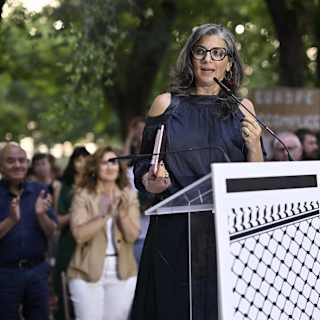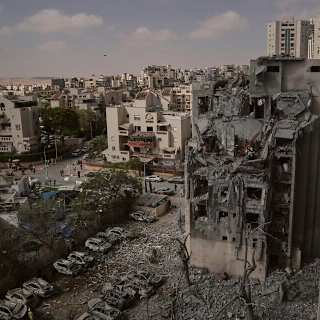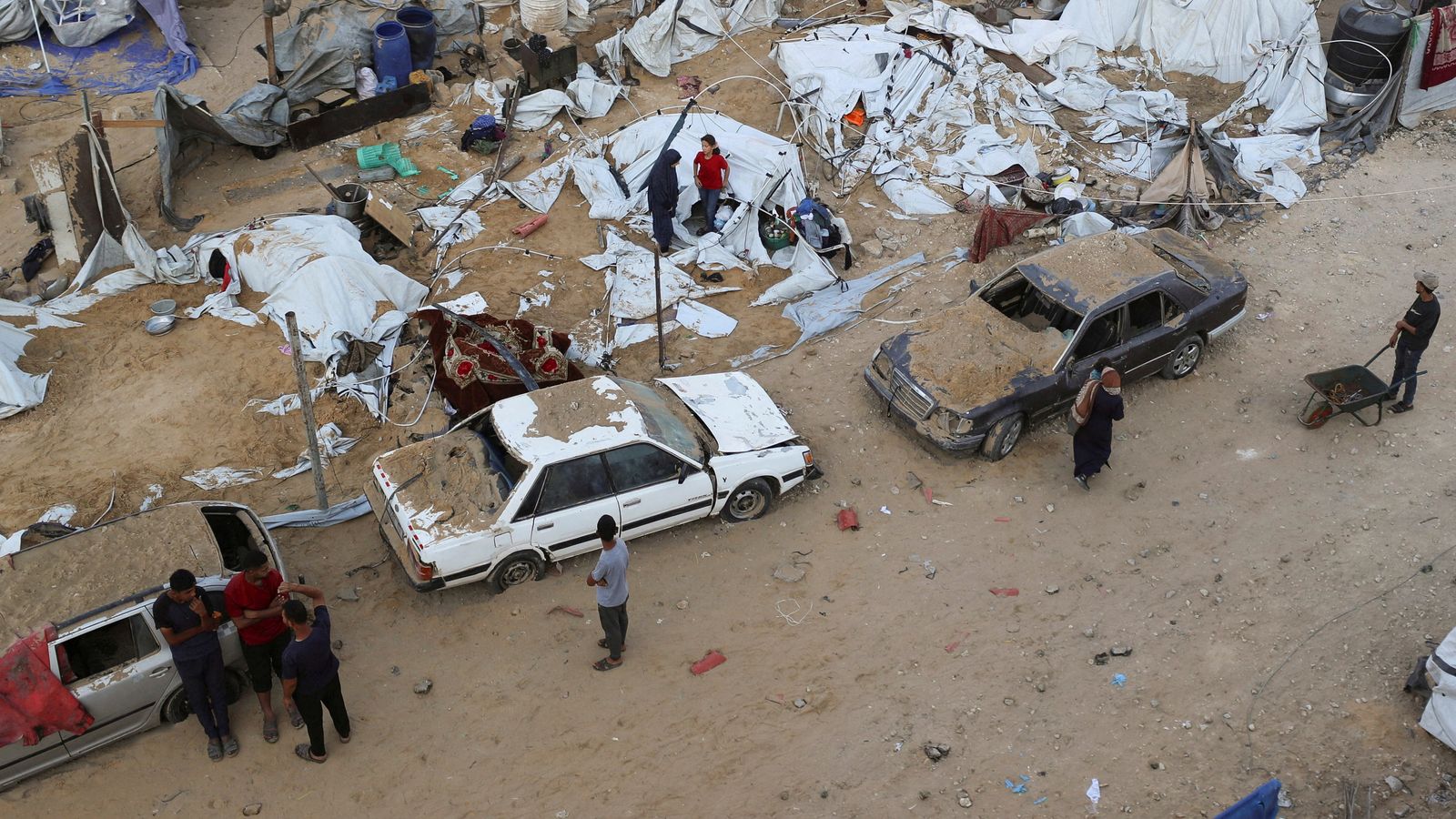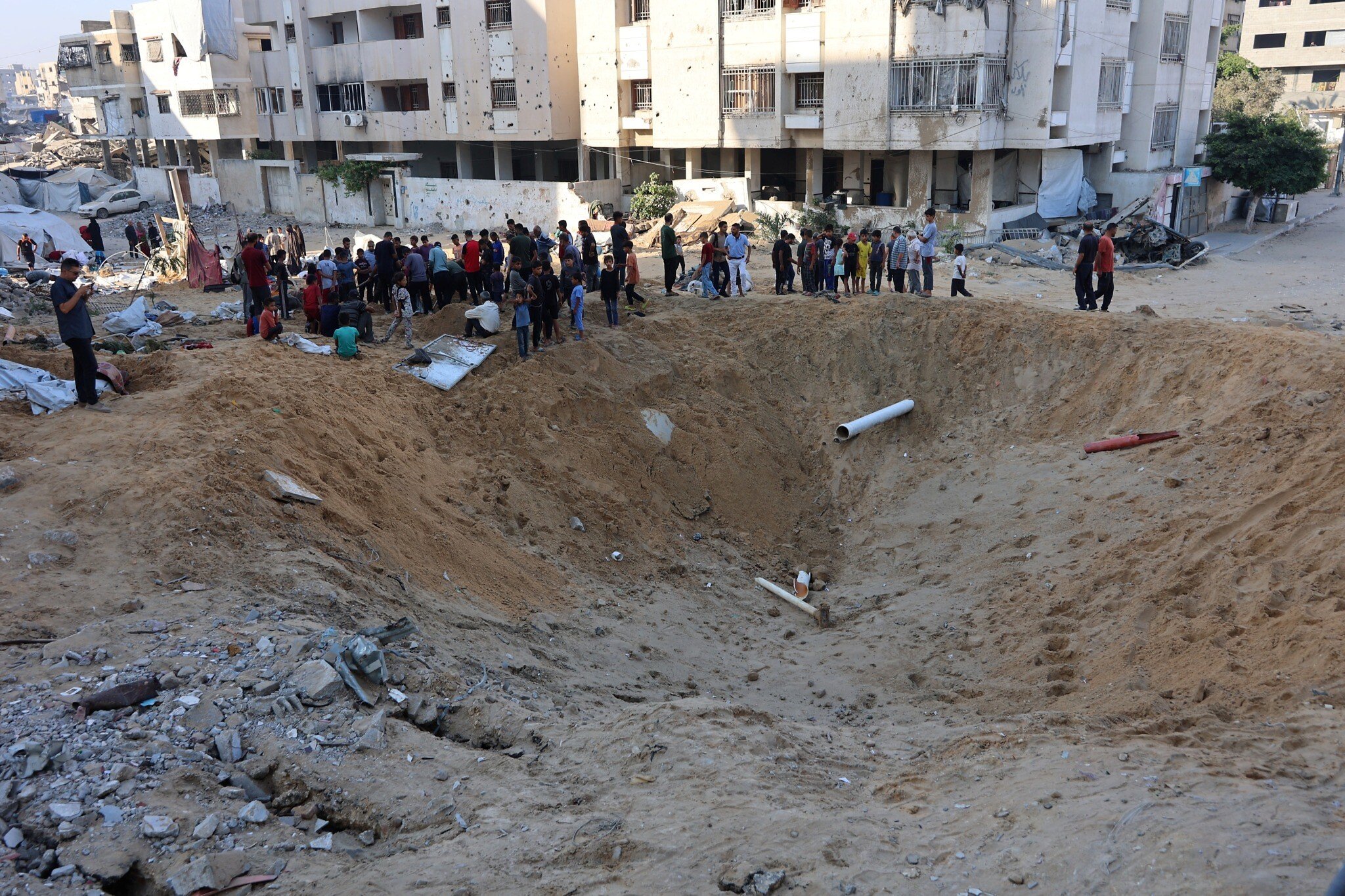- Latest Strike Details
- Ceasefire Prospects
- Ongoing Crisis
Israeli strikes across Gaza killed at least 60 Palestinians overnight and into Saturday, health officials said, as U.S. President Donald Trump expressed optimism that a ceasefire agreement could be reached within the next week.
The strikes mark the latest escalation in the 21-month conflict as diplomatic efforts to broker a new truce appear to be gaining momentum, with Israeli Minister for Strategic Affairs Ron Dermer scheduled to visit Washington next week for talks on Gaza, Iran and other subjects.
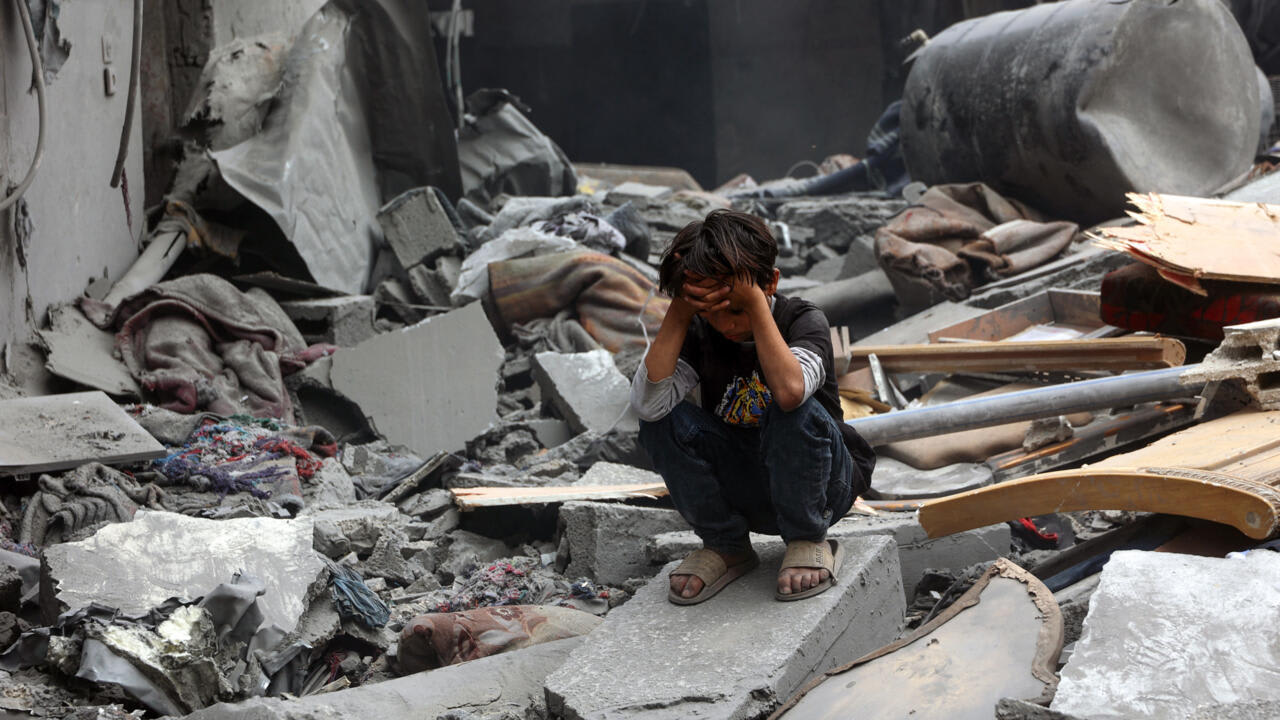
The deadliest attack occurred near the Palestine Stadium in Gaza City, where 12 people sheltering at the displaced persons site were killed, along with eight others in nearby apartments, according to staff at Shifa Hospital where the bodies were brought12. In southern Gaza, six people died when a strike hit their tent in the Muwasi area12.
Among the dead were three children and their parents, killed while sleeping in a tent camp near Khan Younis. "What did these children do to them? What is their fault?" asked the children's grandmother, Suad Abu Teima, as relatives placed red flowers into body bags3.
Additional strikes killed 11 people on a street in eastern Gaza City and two others at the entrance to the Bureij refugee camp in central Gaza3. More than 20 bodies were taken to Nasser Hospital, according to health officials3.
"We're working on Gaza and trying to get it taken care of," Trump told reporters Friday, adding he believed a ceasefire was "close" after speaking with unnamed parties involved in the negotiations12. "We think within the next week we're going to get a ceasefire," he said2.
The diplomatic push comes as approximately 50 hostages remain in Gaza, fewer than half believed to still be alive, among the 251 people taken during Hamas's October 7, 2023 attack that sparked the war3.
The strikes occurred as Gaza faces a deepening humanitarian crisis. The Hamas-run Gaza health ministry says more than 56,000 Palestinians have been killed since the war began, though the figures cannot be independently verified12. Israel resumed its military campaign in March after breaking a two-month ceasefire that had been in effect since January3.
The last ceasefire agreed in mid-January ended in March when Israel launched what it called "Operation Might and Sword," killing more than 400 Palestinians in the initial strikes4.
